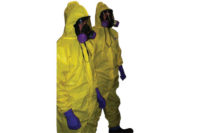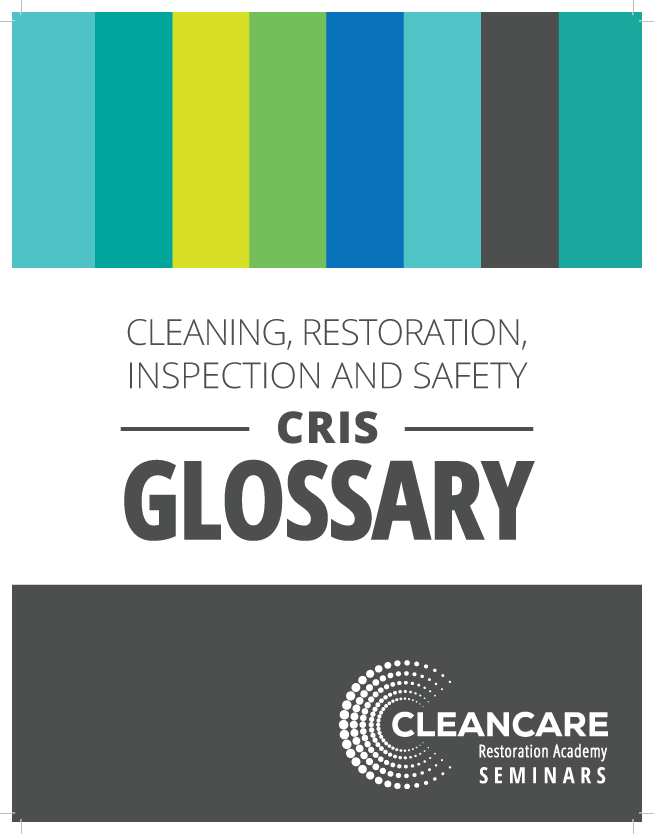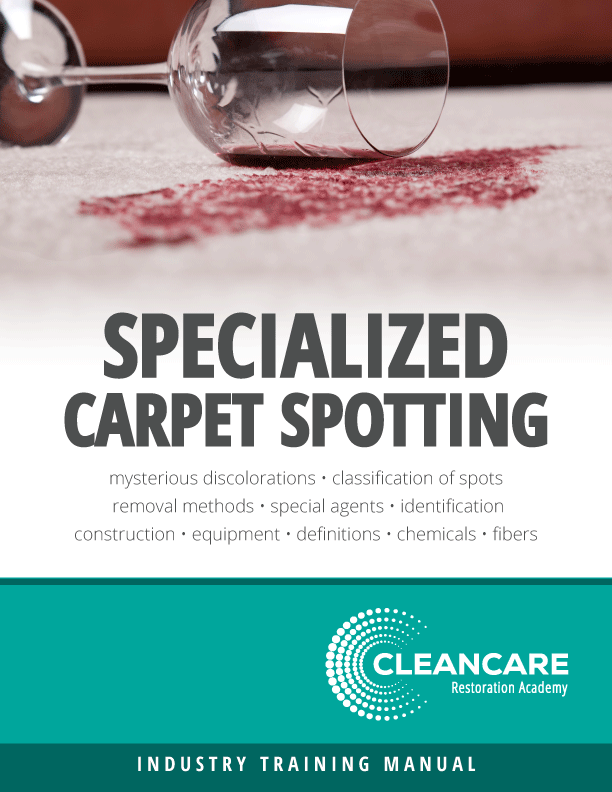Five Things on Bio-Recovery and Trauma Cleaning
Bio-recovery isn't for everyone, but someone has got to do it

Photos courtesy of FEMA

Photos courtesy of FEMA

Rich Ross shows off proper bio-recovery suits at the 2012 Connections Convention and Trade Show.



Without a doubt, one of the fastest-growing services offered by restoration and remediation professionals today is bio-recovery and trauma cleaning. However, while it’s good that more professionals are seeing the value – and profits – in offering such a service, it’s not all peachy news on the bio-recovery front.
“We’re getting more and more people into this industry all the time, (but) the thing we’re running into is a lot of people are coming into this field ill-trained, going online to get training (or) going to instructors that really are not teaching proper things,” says Rich Ross, President of the American Bio-Recovery Association (ABRA), a non-profit organization formed in 1996 to represent the growing practice. “There’s a need in this industry to have proper training.”
Ross touched on the important of training, the shock and awe factor that comes with the territory and much more in a seminar on the practice at The Experience Conference & Exhibition last April. Ross covered a range of topics in his presentation, as the seminar turned into more of a constructive conversation among Ross and its attendees at times. Here’s more of what Ross had to say about bio-recovery and trauma cleaning, a service that isn’t for everyone, but a service that someone has to do:
On the importance of immunizations before beginning such work: All tissue and fluids can harbor diseases. That doesn’t matter if it’s human or animal. At a minimum, you need to have your Hepatitis B vaccinations. In my opinion, only an idiot would start doing this work without the vaccination. If you got poked or got contaminated, you only have a very short period of time to get that vaccination before you might be infected. You also want to have your Hepatitis A vaccinations and your tetanus. You shouldn’t rely on the after exposure treatments. Some exposures can go unrecognized and take anywhere from one to nine months for symptoms to appear.
On the importance of wearing the proper ASTM-F1670-1671 body suits: When you get the suits, make sure that you always have the ones that have the hoods and the botties attached. When you stretch, your sleeve or your pant leg will rise up – now you’ve got bare skin. How good is that going to do you? You want to make sure you have the protection that you have there. Make sure that they fit you properly.
On why you should wear two pairs of gloves on the job: Always double them. Some guys are triple-gloving and there’s no need. What happens when you triple glove is you’re putting more stress on your hands and you’re going to (experience more) fatigue. (Put) one glove on, you’ll tape that to your suit. The only reason why you’re taping that to your suit is so when your hand stretches out, you don’t expose that bare skin. Your second pair of gloves, the reason why you put that on is because if you have to change things out, you have two layers.
On other job precautions: The suits are hot. You have to worry about heat stroke. The problem with heat stress or heat stroke is it can come on very quickly. Hydrate – make sure you put a lot of water into your body before you get to the job site.
On dealing with a victim’s family members: Here’s one of the things that most people don’t think about when they get into doing this. They don’t think about dealing with the victims, the survivors, dealing with all the stresses and all the things that go on. You’ve got to remember, you’re not a counselor. The less you say, the better you are – and you could say the most innocent thing and it could set somebody off. It’s very, very hard. You need to be professional, you need to be courteous, but this is an area that many people fail to understand.
Looking for a reprint of this article?
From high-res PDFs to custom plaques, order your copy today!










